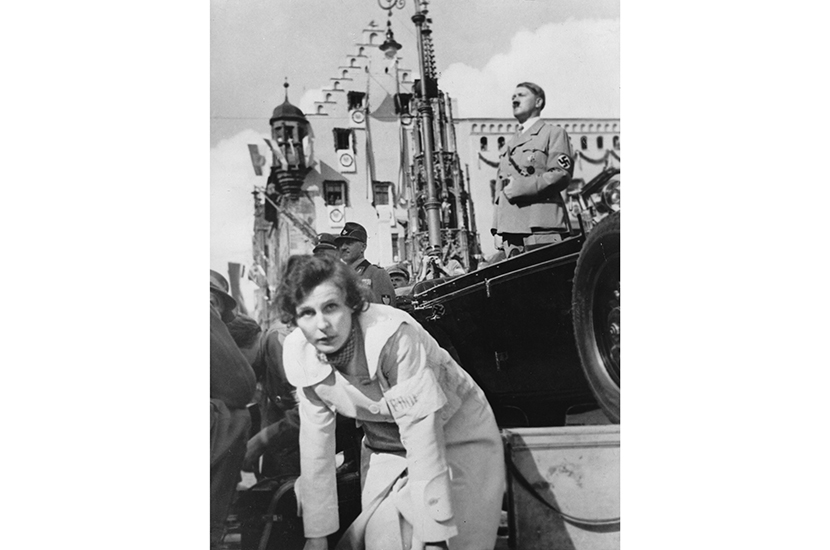Leni Riefenstahl was a film-maker of genius whose name is everlastingly associated with her film about the German chancellor, Triumph of the Will, which won the gold medal at the 1937 Paris World Exhibition. It is an unforgettable piece of cinema, with the lonely hero descending, like one of the immortals, from the clouds.

Disagree with half of it, enjoy reading all of it
TRY A MONTH FREE
Our magazine articles are for subscribers only. Try a month of Britain’s best writing, absolutely free.
Already a subscriber? Log in






Comments
Join the debate, free for a month
Be part of the conversation with other Spectator readers by getting your first month free.
UNLOCK ACCESS Try a month freeAlready a subscriber? Log in